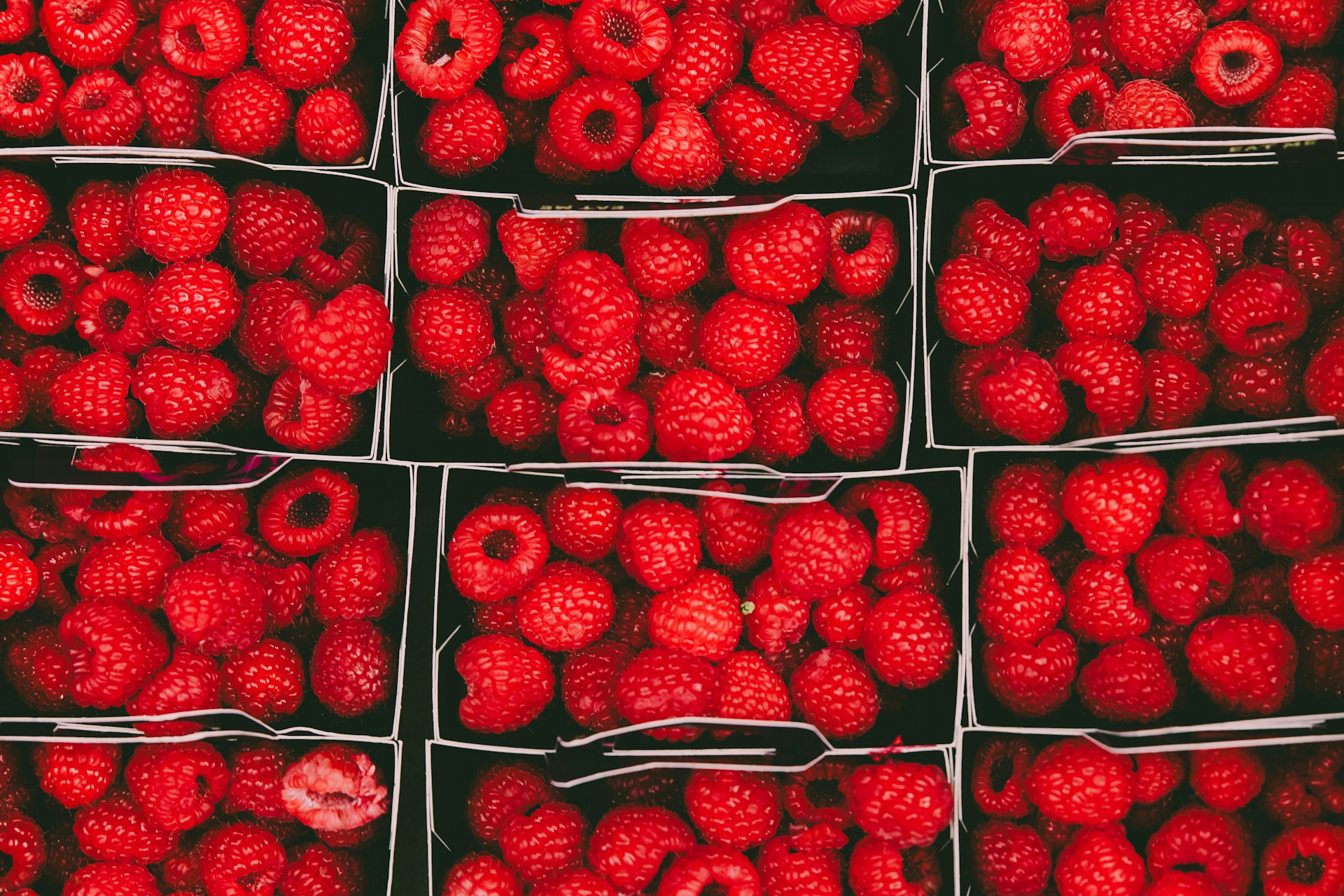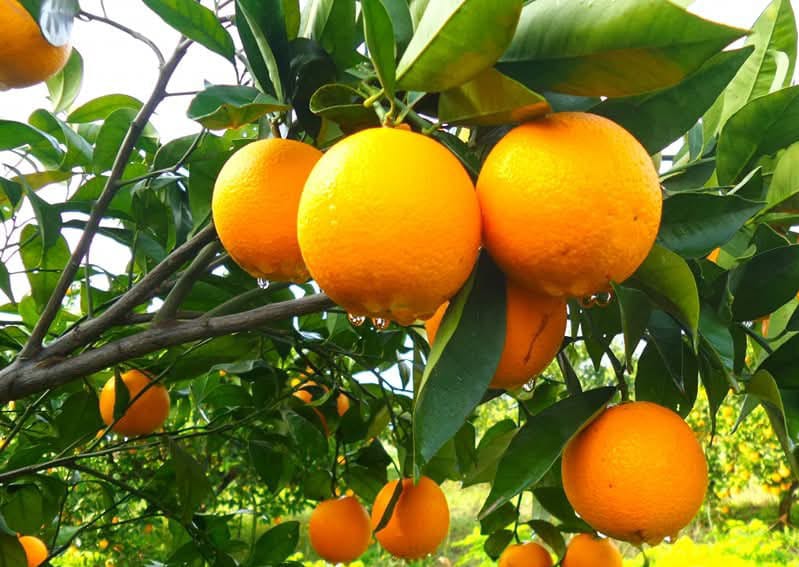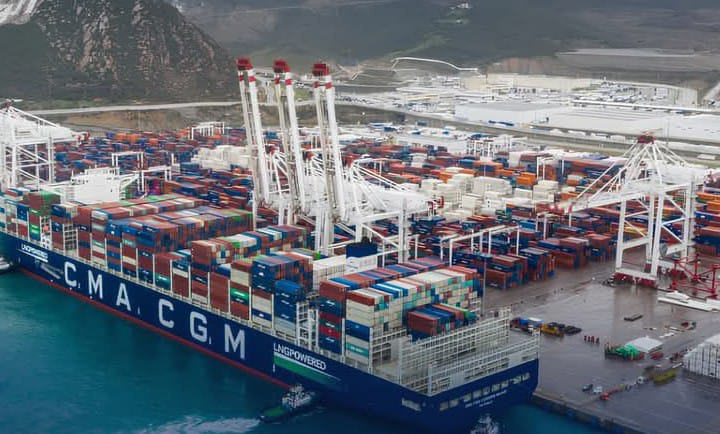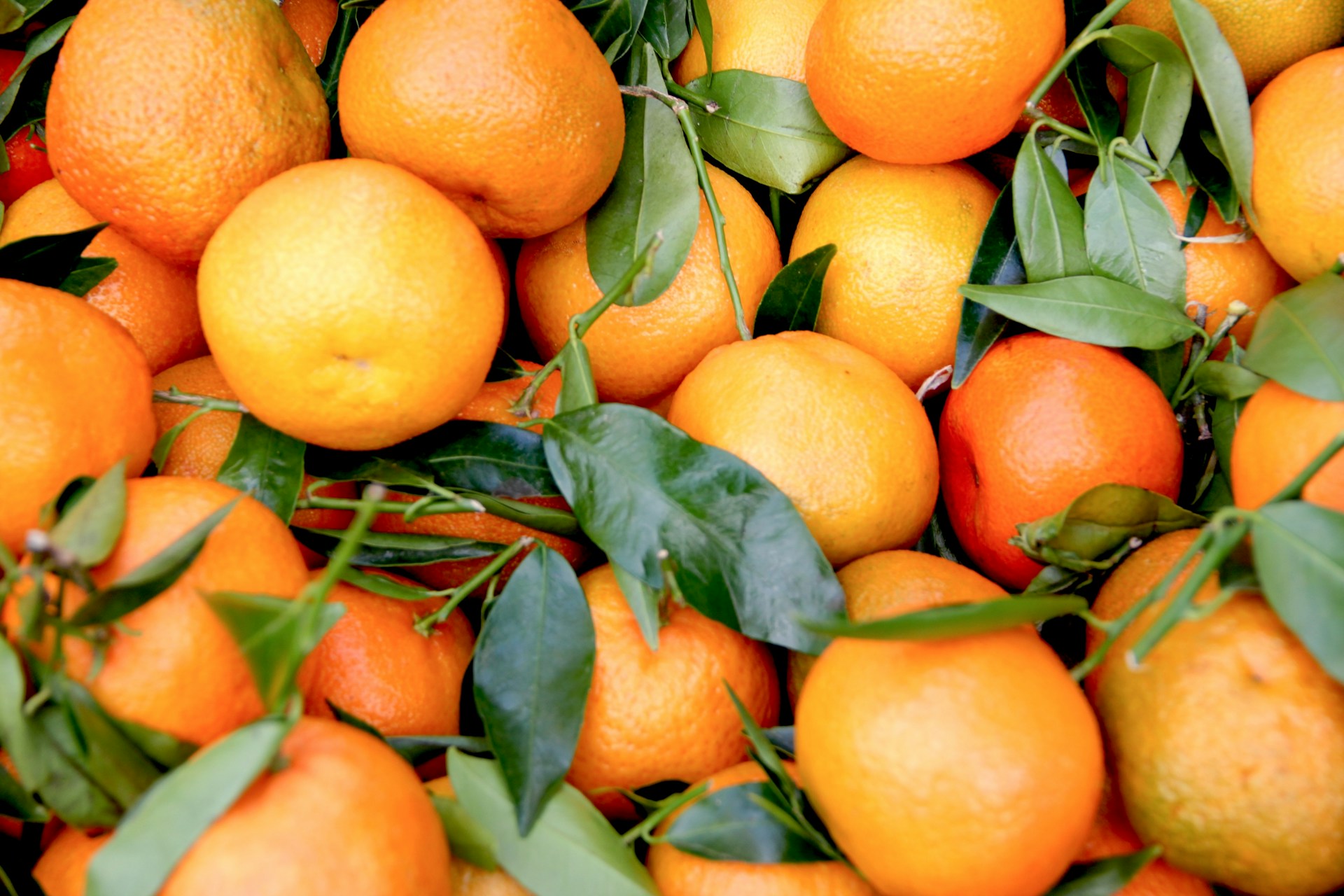Casablanca – Moroccan agricultural exports have experienced a notable rise in 2024, reinforcing Morocco’s strategic position as Spain’s leading supplier of fruits and vegetables. With a total value surpassing $1.1 billion, Moroccan products have become indispensable in meeting the needs of one of Europe’s largest markets. This marks a 16% increase in value compared to 2023, signaling Morocco’s growing influence in the Spanish market, as reported by the Spanish Federation of Fruit, Vegetable, Flower, and Live Plant Producers and Exporters (FEPEX).
Vegetables lead the growth surge
The key contributor to this impressive growth has been the vegetable sector, which saw exports soar by 22%. In 2024, Morocco exported 291,047 tons of vegetables, generating $455 million in revenue. Bell peppers, green beans, and tomatoes were the standout products, accounting for 77% of Morocco’s vegetable exports to Spain. Bell peppers, in particular, have seen remarkable demand, with a 31% increase in volume, reaching a total export value of $109 million.
This success underscores Morocco’s competitive edge in supplying high-quality vegetables to Spain, making it a key player in the Spanish market.
Fruits: A shift towards high-value exports
While vegetable exports surged, Moroccan fruit exports followed a more mixed path. The volume of fruit exports declined by 18%, totaling 164,752 tons, but their value rose by 16%, reaching $664 million. This indicates a strategic shift towards higher-value-added fruit products, enabling Morocco to maintain its competitiveness despite a reduction in export volumes.
Morocco’s focus on premium products allows it to carve a niche in the Spanish market, where demand for quality, rather than quantity, is driving purchasing decisions.
Morocco’s role in Spain’s supply chain
Morocco’s agricultural exports now dominate Spain’s supply of certain key vegetables. The country remains the leading supplier of bell peppers, green beans, and tomatoes, with these three products forming nearly half of the total export value of both fruits and vegetables combined. This shift in product focus is in line with Morocco’s growing reputation for providing high-quality, competitive products that meet the evolving needs of European consumers.
Spain’s reliance on Moroccan agricultural imports has only strengthened in recent years. As the Spanish agricultural sector faces mounting challenges, including environmental regulations and declining production, Morocco’s presence in Spain’s markets has become even more crucial.
Spain’s agricultural sector faces challenges
While Morocco’s agricultural sector continues to thrive, Spain’s agricultural industry is facing difficulties. In recent years, Spain has dropped out of the top 10 global producers of fruits and vegetables, a position it once held as the 8th largest producer in 2020. This decline is attributed to the impact of strict environmental policies enforced by the European Union, which have placed Spanish farmers at a disadvantage compared to other countries like Indonesia, Egypt, and Ukraine.
A growing dependence on Moroccan imports
This shift in the Spanish agricultural landscape highlights Morocco’s increasing importance as a supplier. While Spain’s own production struggles, Morocco is rising to meet the growing demand for quality fruits and vegetables in the European market. According to FEPEX, Morocco is emerging as one of Spain’s most reliable trading partners in the agricultural sector. With its strategic location, diverse agricultural offerings, and commitment to high standards, Morocco is poised to continue expanding its market share in Spain.
As the European market adapts to new agricultural challenges, Morocco’s agricultural sector remains well-positioned to lead in meeting Spain’s needs. Despite fluctuations in export volumes, Morocco’s focus on quality and value-added products ensures its continued competitiveness and dominance in the Spanish market.
















